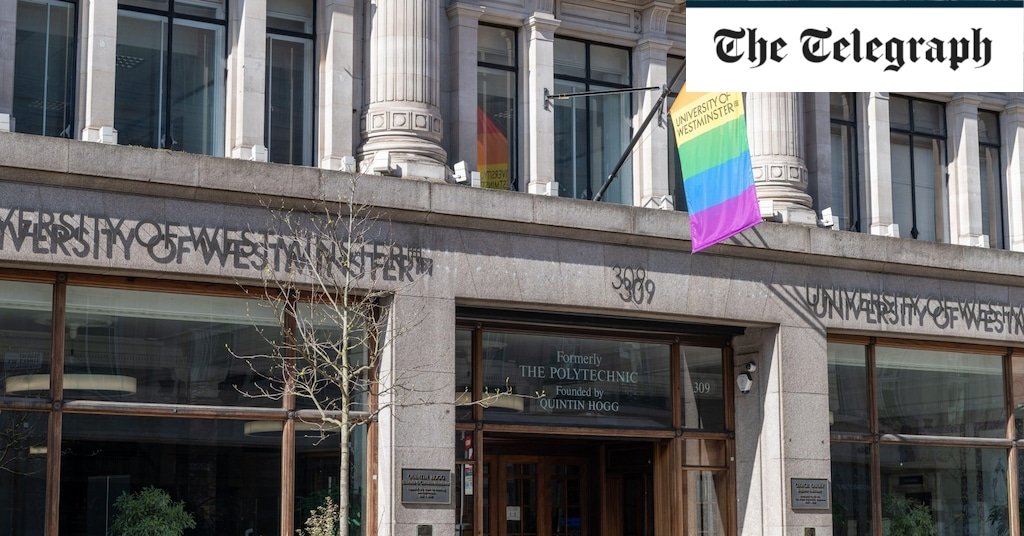Nigel Farage, the former Ukip leader, told The Telegraph: “All of this is a total waste of money that achieves nothing positive other than the saintly glow of its promoters.”
Nick Fletcher, the Conservative MP, said: “Families who are struggling to make ends meet and facing high tax burdens are justifiably angry when they see these examples of wasteful ‘woke’ spending.
“It does seem like UKRI spending can be poor value for taxpayer money – and too ideologically focused. A solution might be to significantly cut the grant made to UKRI; more carefully direct its remaining spending to remove the ideological bias; and give the money saved back to struggling families.”
Dr Joanna Williams, the author of How Woke Won, said: “UKRI should be using taxpayers’ money to fund academic research, not political activism. It should be supporting the higher education sector, instead of wasting money on divisive projects designed to undermine academia from within.”
Root and branch reform
Eric Kaufmann, a professor of politics at the University of Buckingham, said: “UKRI, which is increasingly prioritising EDI over excellence, is using taxpayer money to fund radical left scholar activism. Government needs to make funding conditional and root and branch reform on procedures and awards to prevent political bias and ideology masquerading as scholarship.”
A UKRI spokesperson said: “UKRI invests in a diverse research and innovation portfolio, with funding decisions made via rigorous peer review by relevant independent experts across academia and business.
“UKRI’s Future Leaders Fellowships provide long-term support to enable fellows to break down barriers, tackle ambitious programmes and multidisciplinary questions, and to build new research and innovation areas and partnerships.
“The fellowships are open to applicants with a wide range of career paths, from all disciplines, based in businesses, universities and other research organisations. The aim of the scheme is to develop the next wave of world-class research and innovation leaders.”
Other projects at the University of Westminster’s Centre for Social Justice Research include one on non-binary genders in higher education and another on self-governing Brazilian prison communities.
The researchers and the University of Westminster were approached for comment.





